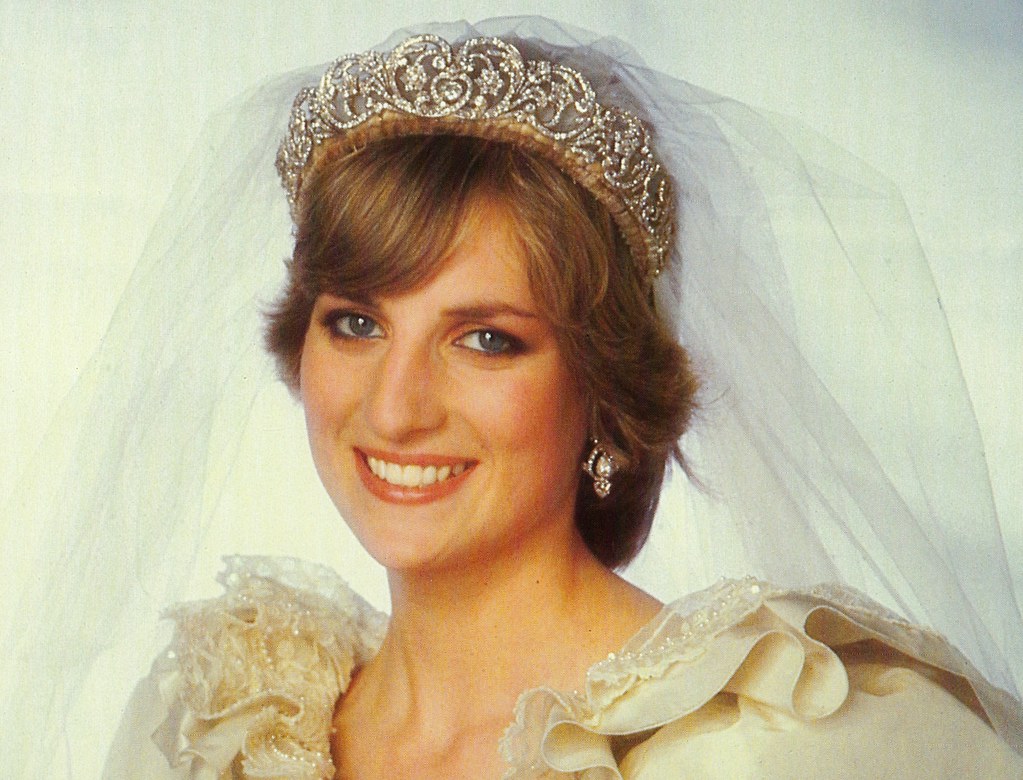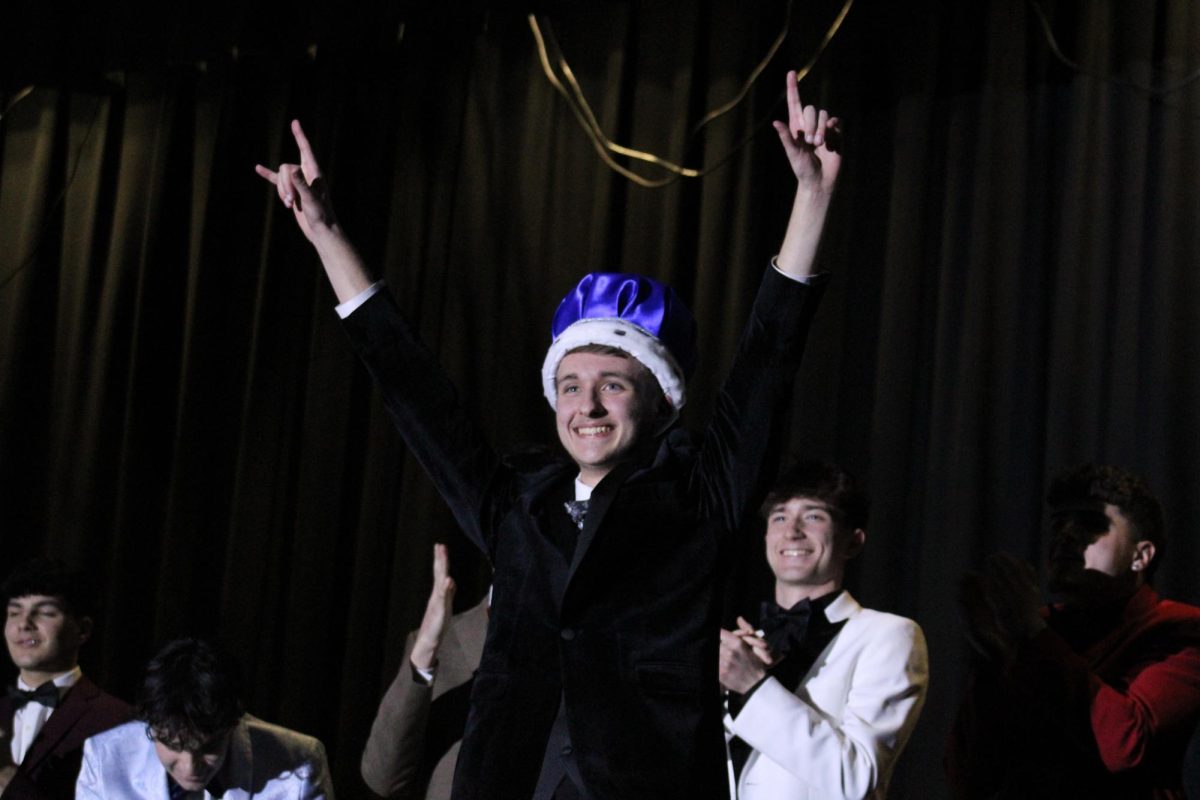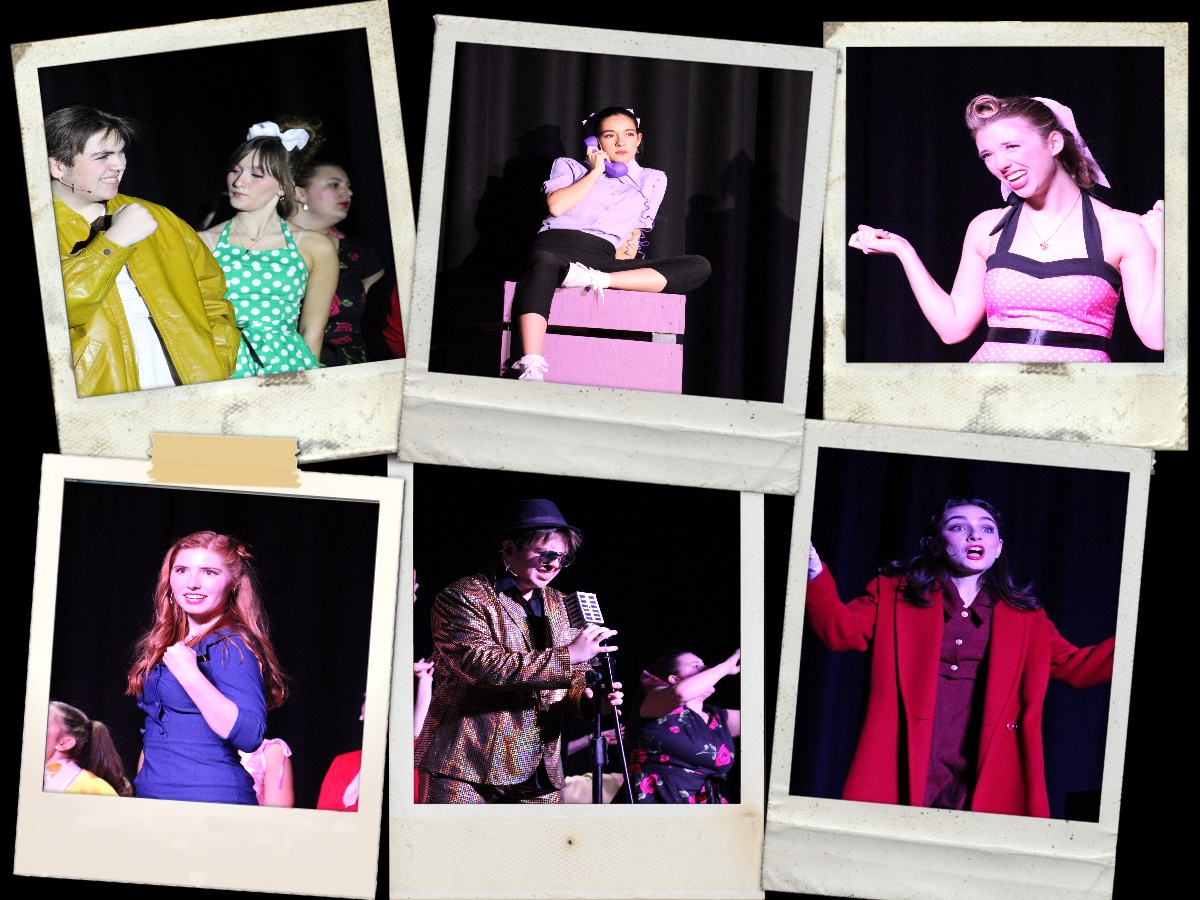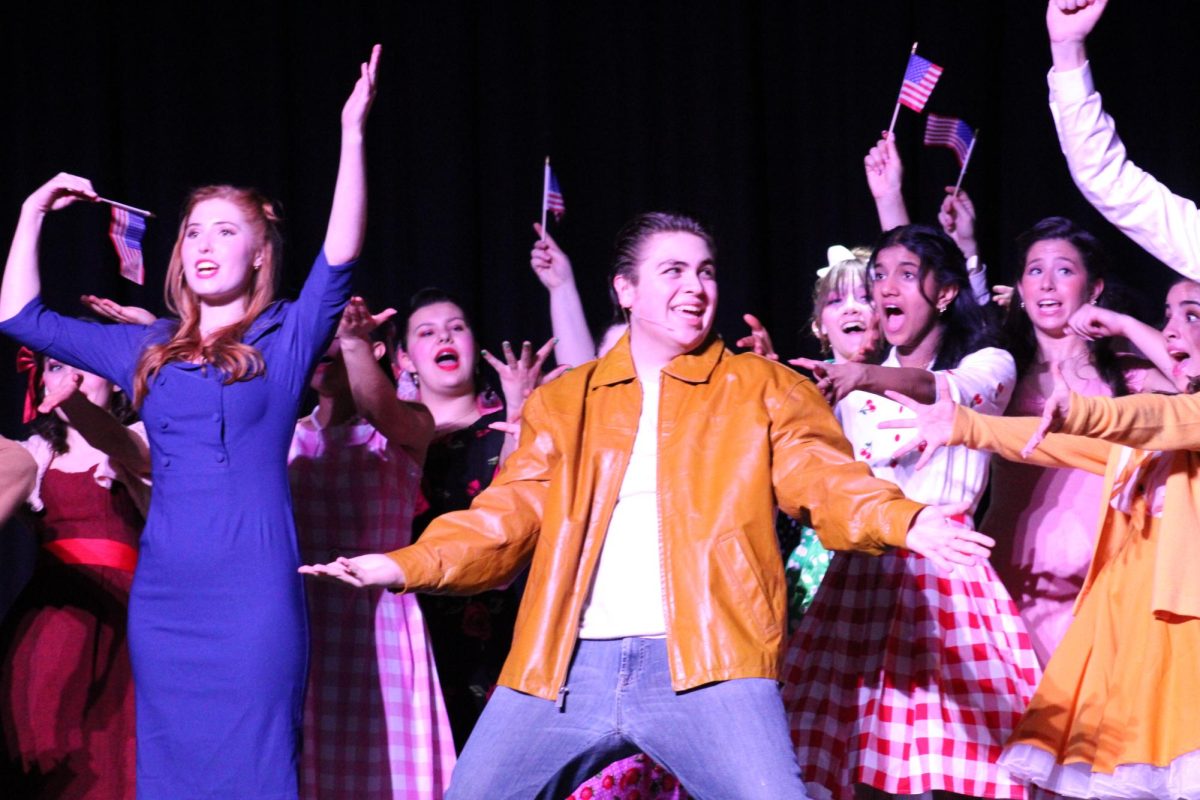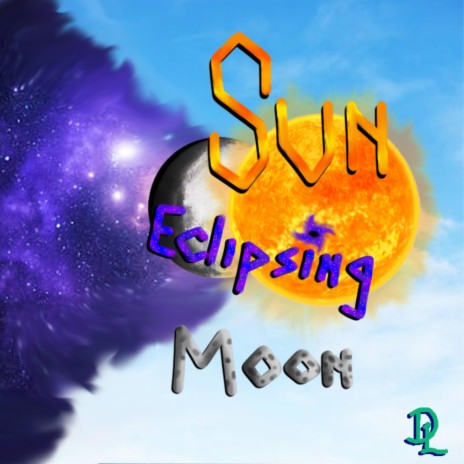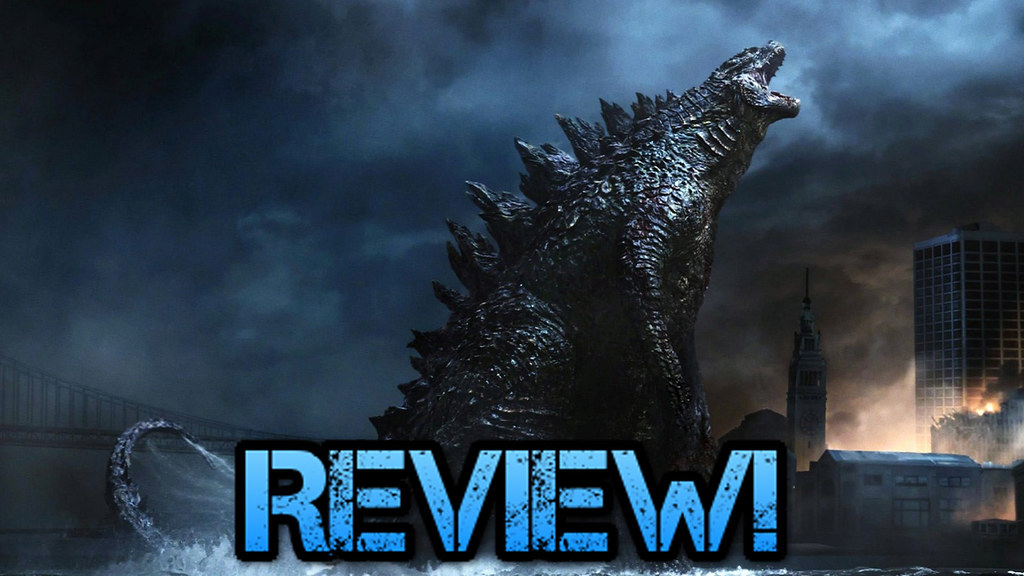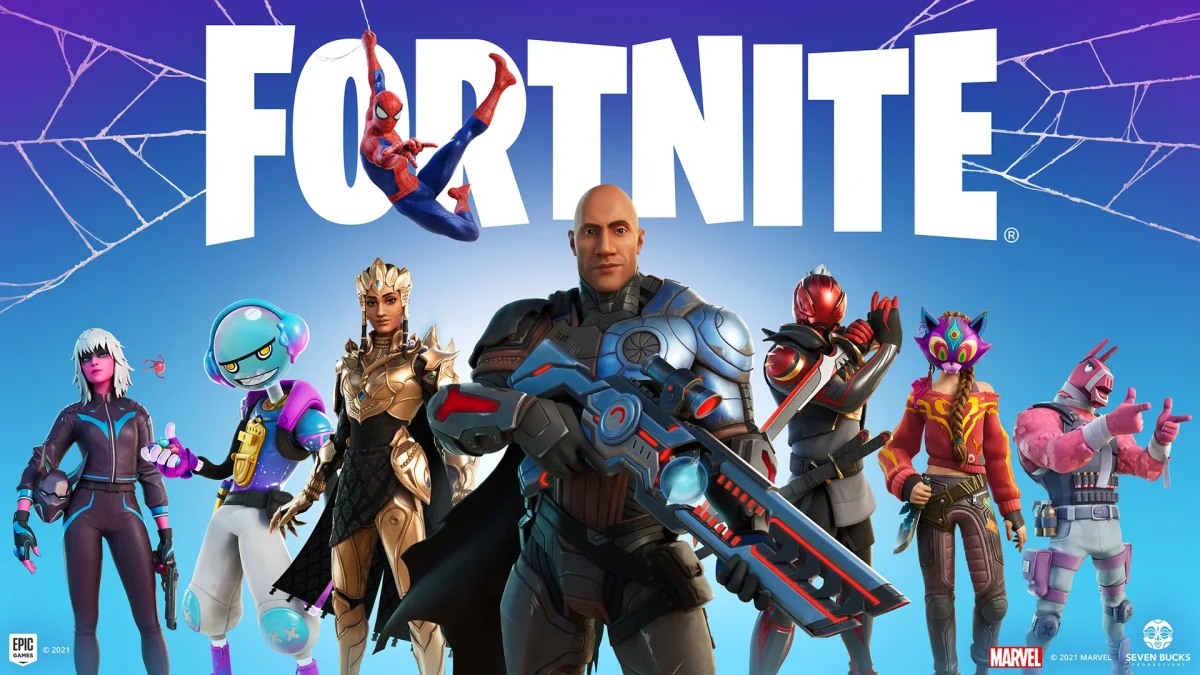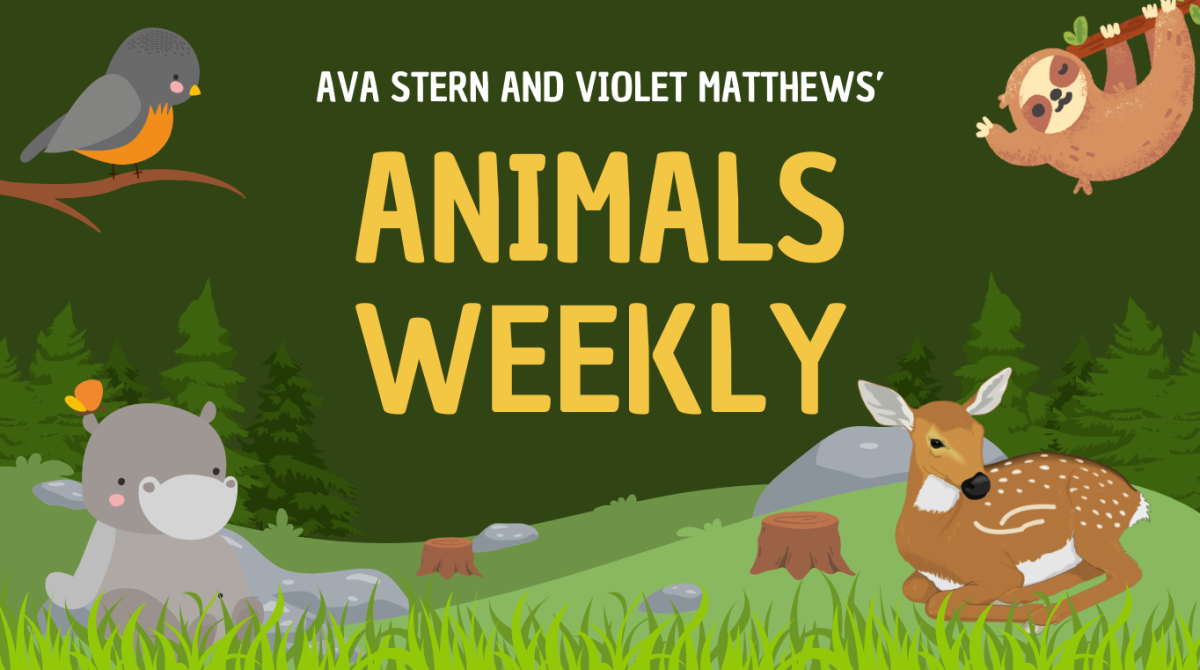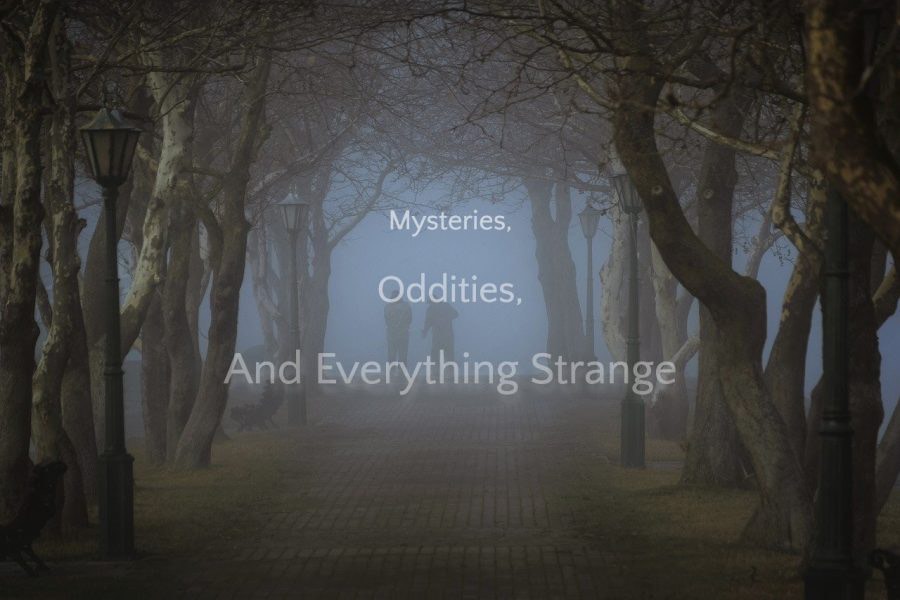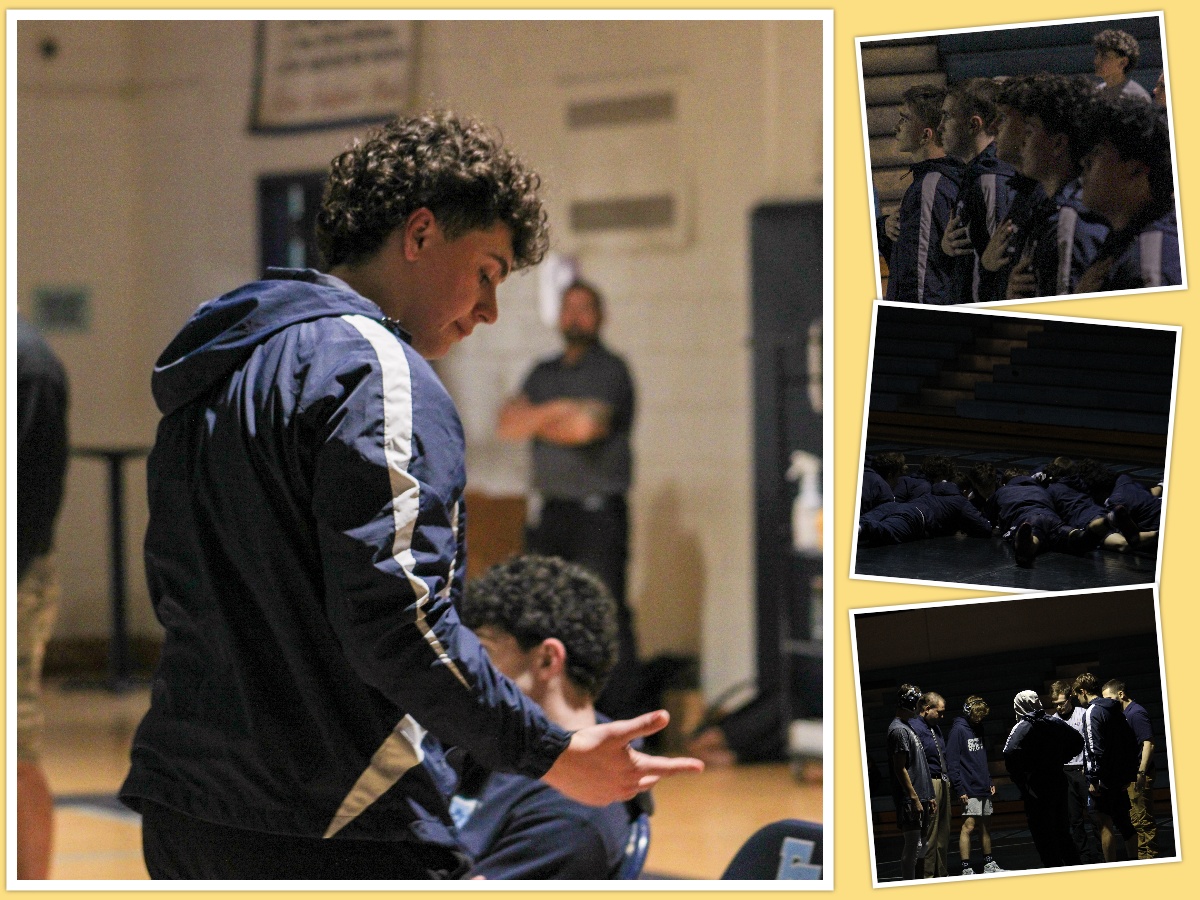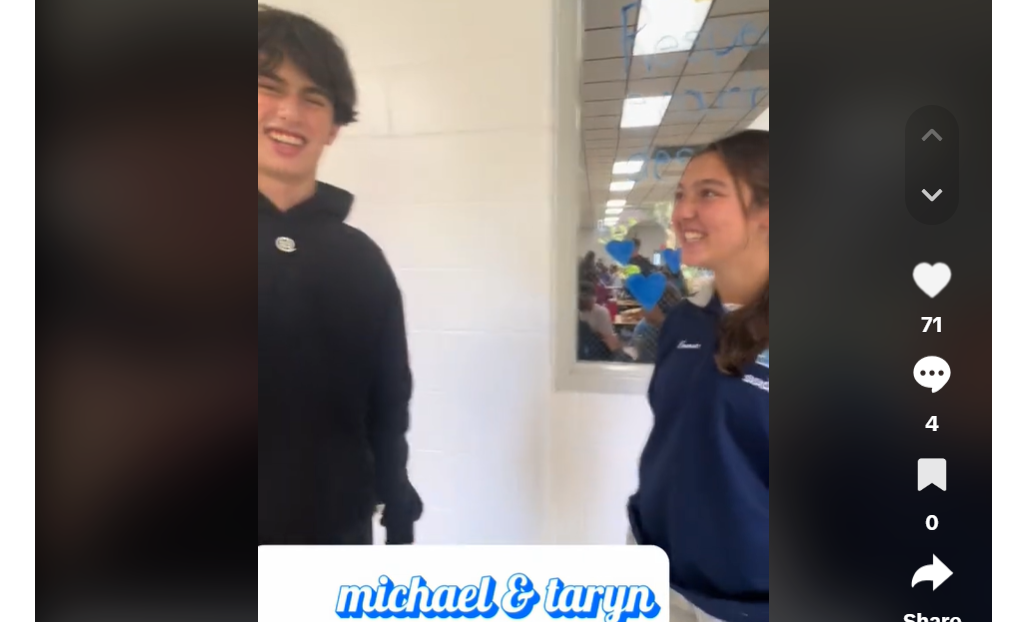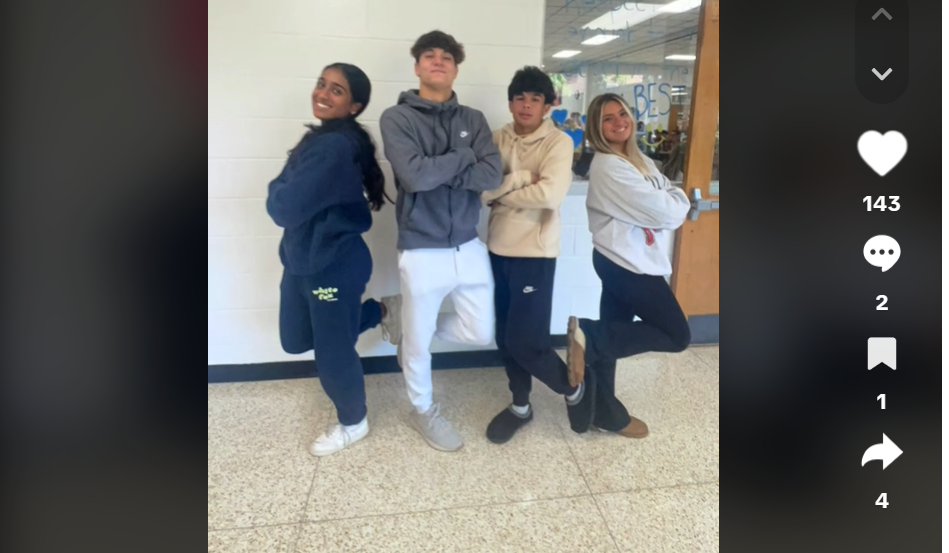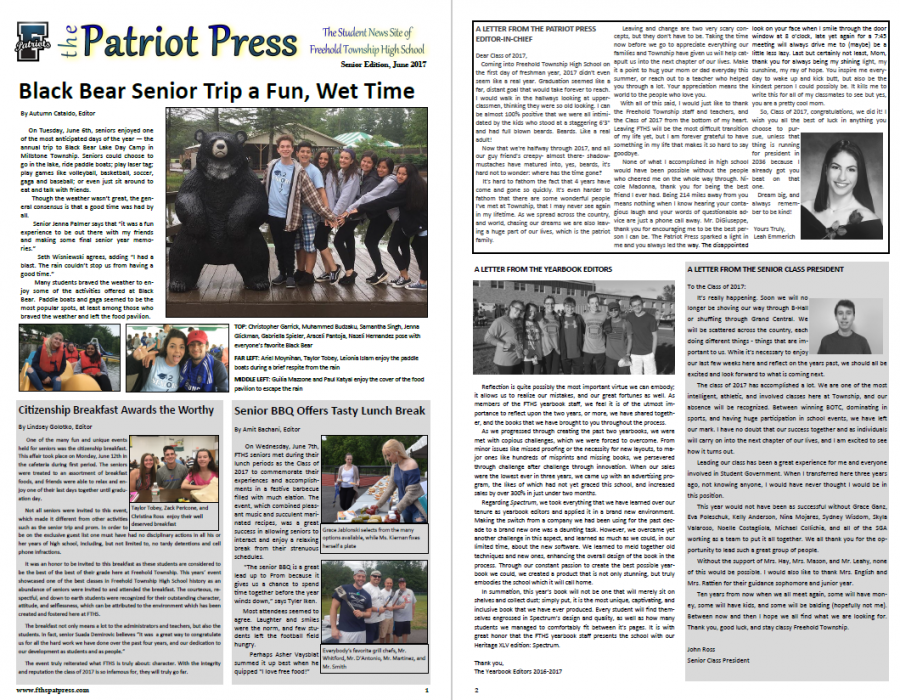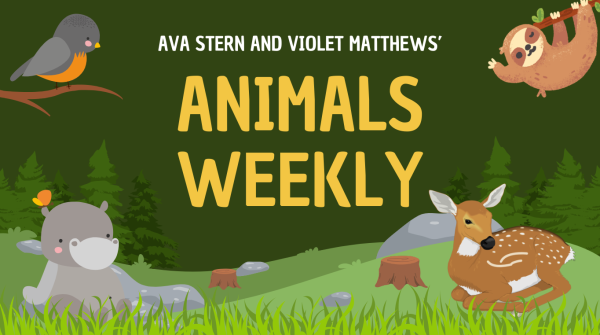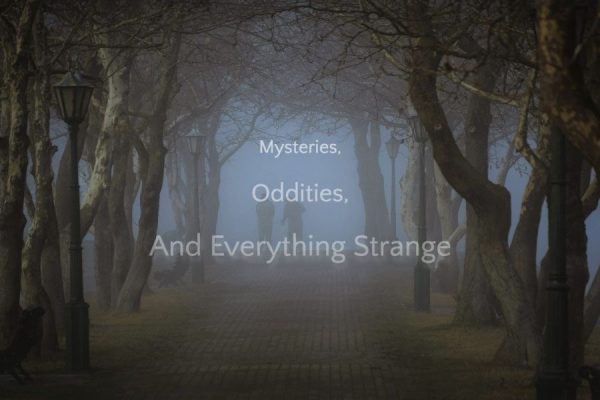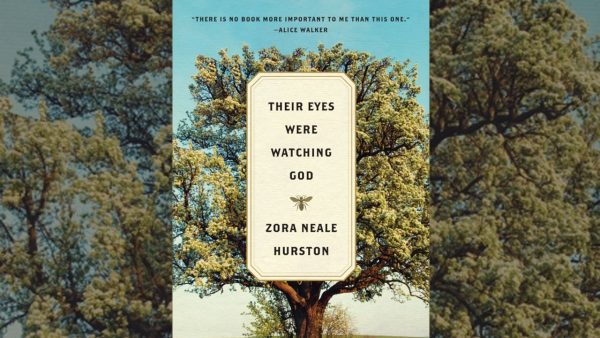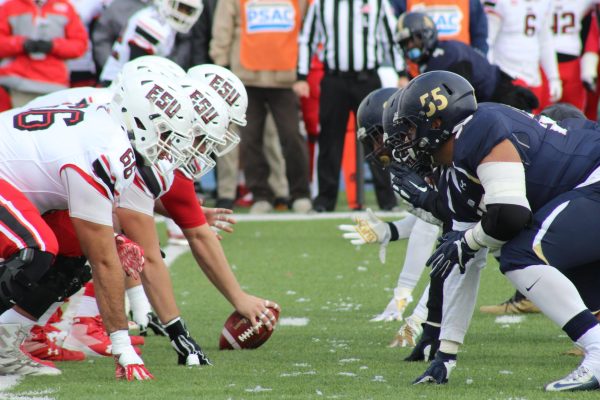Reed Books: Pew
January 2, 2022
In Pew by Catherine Lacey, the protagonist is notably non-descript. They are ambiguous in gender, race, and age, and even though it’s told from their perspective, we never find out who they “really are.”
Which is kind of the point. The protagonist starts the book walking from somewhere they don’t remember to somewhere they don’t know. They’re found one morning sleeping in a church in the American South. Nicknamed Pew, they are passed around the community as the town tries to figure out what exactly to do with them.

The novel is shorter than I’d pictured and certainly reads fast. It’s all heavily implied to be a continuation of the short story “The Ones Who Walk Away from Omelas” by Ursula K. Le Guin, in which a utopic world’s existence is dependent on the constant suffering of one random child. At a certain age, citizens of the utopia learn the truth and may choose to stay or leave. Pew may be the child, may be one of the ones who walked away. We don’t get that closure.
The book leans heavily into modern existentialism in a validating way, often asking questions about humanity’s obsession with the body and expressing the frustration of being unable to only be a soul without physical manifestation.
Still, I think Pew would’ve been better if it had committed to what it obviously wanted to be and had been a short story. Lacey is a talented writer, but we never really get to the point of the book. A heavily religious town in the South isn’t progressive. I could’ve guessed that. Where does that lead us?
There are also a few subplots that seem to be abandoned, like the missing children in the next town over that are mentioned on the news. I don’t think abandoning this plot was necessarily a bad writing choice, but I think it would’ve been more justified had the novel been a short story. At least that way we could understand why the plot wouldn’t be finished. It would also imply a continued existence the way many short stories do, instead of just feeling unfulfilled.
Overall, Pew is a thoughtful novel that I’d recommend giving a read, but I almost feel bad for Lacey, since she clearly tried to do something she didn’t want to do. It’s a book that begs to be shorter, begs to imply continuations of its own, instead of being the middle-man between two greater pieces of literature.

